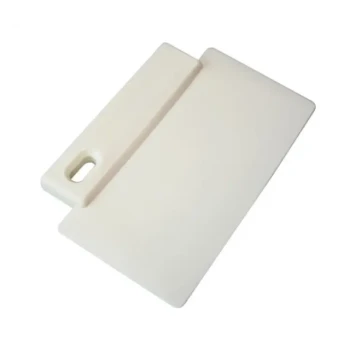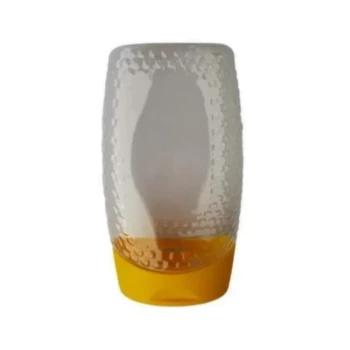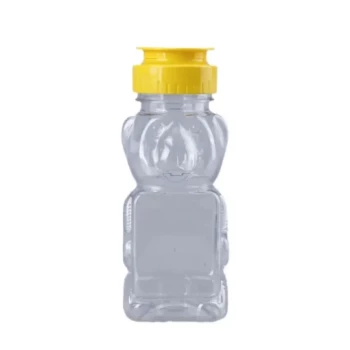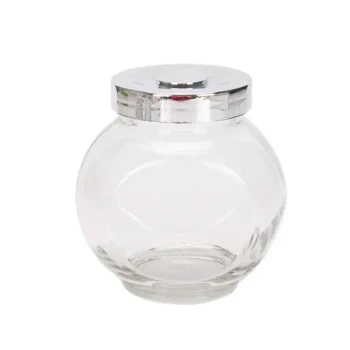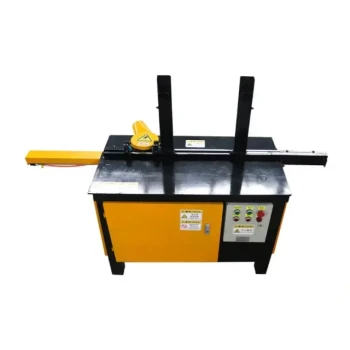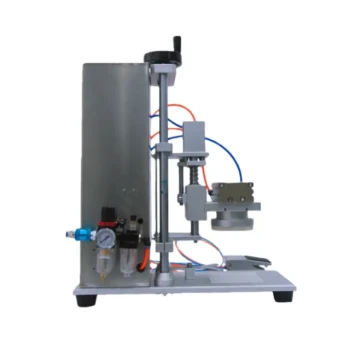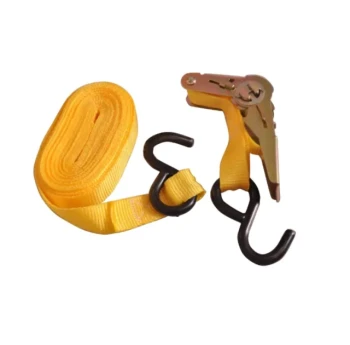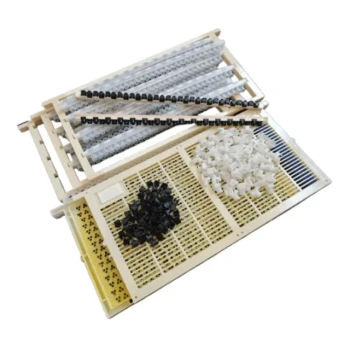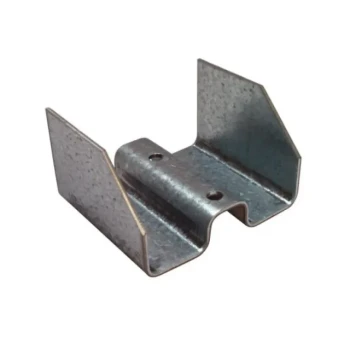To harvest honey from a Langstroth hive, you need a few key pieces of specialized equipment beyond your basic beekeeping suit and hive tool. The core items are a tool to remove the wax cappings from the honeycomb, a honey extractor to spin the honey out of the frames, and a filtering system to prepare the honey for bottling. These tools work together to separate the honey from the comb efficiently while preserving the drawn-out comb for the bees to reuse.
The challenge of honey harvesting is not just acquiring the right tools, but understanding how they fit into a process that is both efficient for you and minimally disruptive to the bees. The primary investment is in an extractor, which separates honey using centrifugal force, allowing you to return the valuable comb to the hive intact.
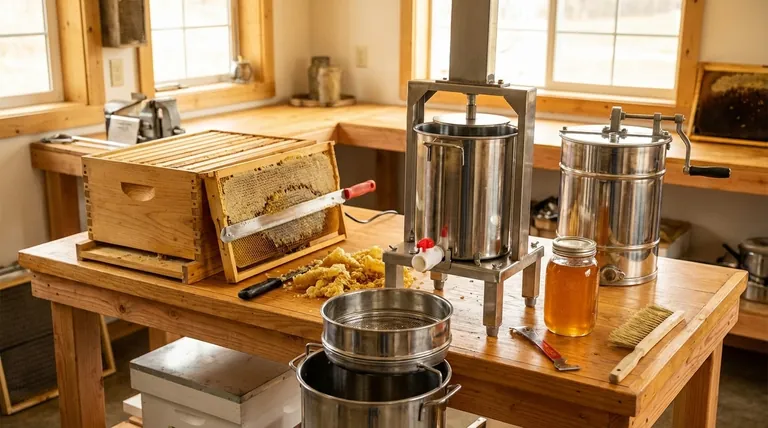
The Pre-Harvest Check: Ensuring Colony Health
Before you bring any tools near the hive, your first responsibility is to ensure the colony has enough resources to survive. Harvesting honey is taking the bees' surplus winter food.
Inspect the Brood Boxes First
You must check the brood boxes—the lower boxes where the queen lays eggs and the colony raises its young. If these boxes lack stored honey, do not harvest from the honey supers above them. Taking their primary food stores can lead to the colony starving.
Identify Ripe, Capped Honey
Honey is ready for harvest when the bees have "cured" it to the correct moisture content (under 18.6%) and capped the cells with fresh white wax. A frame should be at least 75% capped to be considered ready for extraction.
Phase 1: Clearing Bees from the Honey Supers
To extract honey, you must first remove the bees from the supers you intend to harvest. This should be done with as little stress to the colony as possible.
The Role of the Bee Escape
The most common and gentle method uses a bee escape or clearer board. This device acts as a one-way gate, allowing bees to move down into the brood boxes but preventing them from returning to the honey super.
How to Install a Clearer Board
Place the clearer board directly underneath the honey super you plan to harvest. After 24 to 48 hours, the super will be almost entirely free of bees, making it simple to lift off the hive for processing.
Alternative Method: Shaking or Brushing
If you don't use a clearer board, you can remove frames one by one, using a bee brush or a sharp shake to dislodge the bees from the comb. This method is faster but can be more disruptive and agitating to the colony.
Phase 2: The Extraction Process and Core Tools
Once you have your bee-free frames in a clean, secure location (away from robbing bees), the extraction begins.
The Uncapping Tool
The first step is to remove the wax cappings from the honeycomb. This is typically done with one of two tools:
- Heated Knife: An electric knife that melts through the cappings for a clean, fast cut.
- Uncapping Fork/Scratcher: A fork-like tool used to scratch or pull the cappings off the cells. This is slower but gives you more control.
The Cappings Tank
As you slice off the wax cappings, they will be full of honey. A cappings tank or a simple bucket with a filter allows the honey to drain from the wax, ensuring nothing is wasted. The wax can be processed later.
The Honey Extractor
This is the centerpiece of harvesting equipment. An extractor is a large drum with a mechanism inside that holds the frames. It uses centrifugal force to spin the honey out of the cells without destroying the comb.
Extractors come in two main types: tangential (frames face outward) and radial (frames radiate from the center like spokes on a wheel).
Filtering and Straining
After extraction, the honey flows from a gate at the bottom of the extractor. It should be passed through a double sieve or a series of filters to remove any wax particles, bee parts, or other debris before it is ready for storage or bottling.
Understanding the Investment and Alternatives
The specialized tools for honey harvesting represent a significant financial investment, especially since they are only used for a short period each year.
The Cost of Specialized Equipment
A honey extractor is the most expensive single item, with prices ranging from a few hundred dollars for a small manual model to thousands for a large electric one. Hot knives and tanks add to the total cost.
Renting Equipment or Joining a Club
For new beekeepers, a highly practical alternative is to connect with a local beekeeping association. Many clubs own extracting equipment that members can rent for a nominal fee, allowing you to process your honey without a large upfront investment.
Manual vs. Electric Extractors
A manual, hand-crank extractor is perfectly sufficient for a beekeeper with one to three hives. If you manage more hives, the speed and efficiency of an electric extractor become a worthwhile investment.
Making the Right Equipment Choices
Your approach to acquiring equipment should be based on the scale of your beekeeping goals.
- If your primary focus is a hobby with 1-3 hives: Prioritize joining a local beekeeping club to rent an extractor and purchase an inexpensive uncapping fork to start.
- If your primary focus is a small-scale operation (4+ hives): Investing in a small, manual or electric radial extractor and a heated uncapping knife will dramatically improve your workflow and save significant time.
- If your primary focus is determining if beekeeping is right for you: Partner with a mentor or another beekeeper for your first harvest to experience the process before buying any specialized equipment.
Ultimately, equipping yourself correctly transforms honey harvesting from a daunting chore into one of the most rewarding experiences in beekeeping.
Summary Table:
| Tool | Primary Function | Key Consideration |
|---|---|---|
| Bee Escape / Clearer Board | Gently clears bees from honey supers | Minimizes colony stress; requires 24-48 hours |
| Uncapping Tool (Knife/Fork) | Removes wax cappings from honeycomb | Heated knife for speed; fork for control |
| Honey Extractor | Spins honey out of frames via centrifugal force | Manual for 1-3 hives; electric for larger operations |
| Filter / Sieve | Removes wax and debris from extracted honey | Essential for clean, market-ready honey |
Ready to streamline your honey harvest?
HONESTBEE supplies commercial apiaries and beekeeping equipment distributors with the durable, high-performance tools mentioned in this guide. Investing in the right equipment from a trusted wholesale partner ensures efficiency, protects your valuable comb, and maximizes your yield.
Contact HONESTBEE today to discuss your specific needs and get a quote on professional-grade harvesting equipment.
Visual Guide
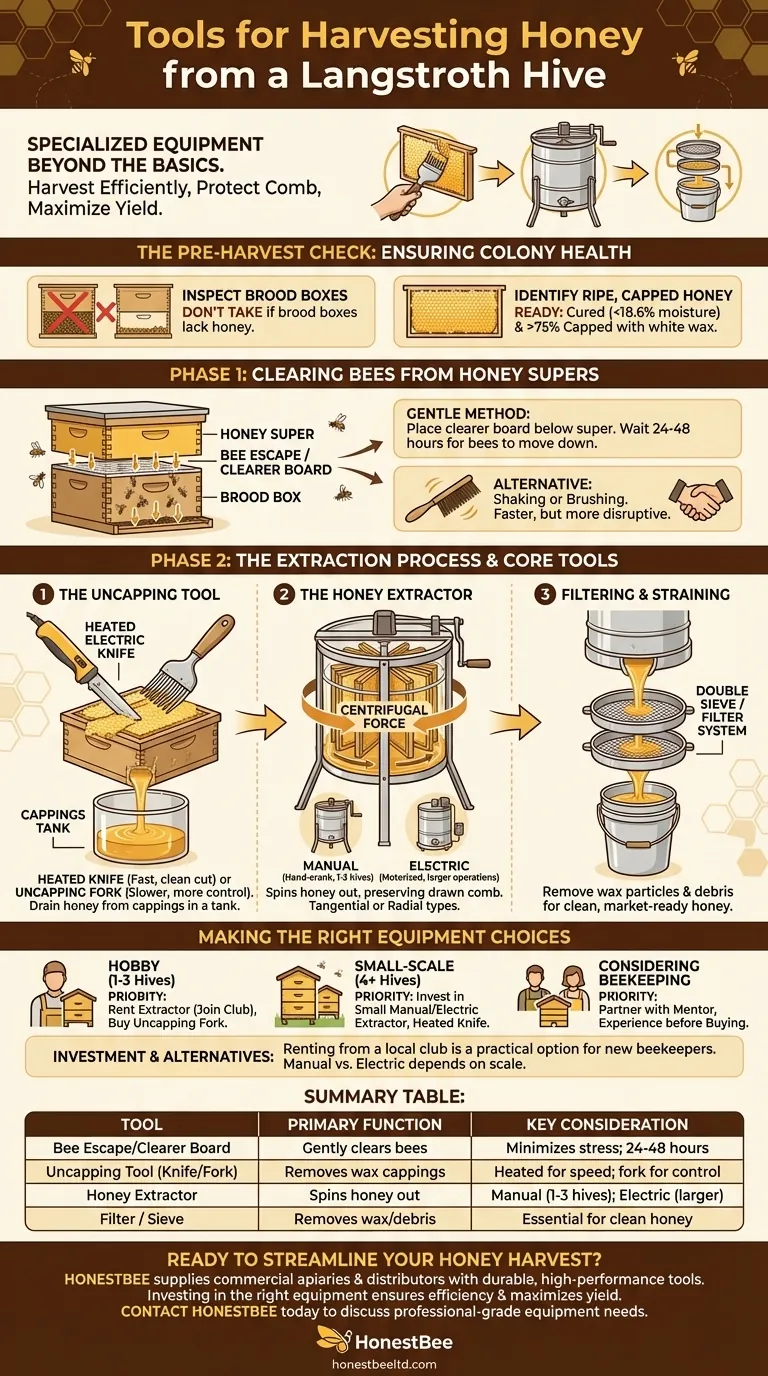
Related Products
- 10L Stainless Steel Electric Honey Press Machine
- Stainless Steel Honey Press Wax Press with Tank
- Stainless Steel Manual Honey Press with Guard for Pressing Honey and Wax
- Professional Wide Blade Honey Scraper for Beekeeping and Honey Processing
- Electric Flatting and Embossing Machine with Tray for Beekeeping
People Also Ask
- How does pressed honey compare to extracted or crush-and-strain? Unlock the Full Flavor of the Hive
- What are the main differences between centrifugal extractors and honey presses? A Guide for Commercial Apiaries
- What are the unique characteristics of honey presses? Maximize Honey Yield for Small-Scale Beekeeping
- What are the benefits of the screw design in a stainless steel honey pump? Preserve Honey Quality and Integrity
- What are the benefits of using a honey press for Warré or Top Bar beehives? Maximize Your Natural Harvest



